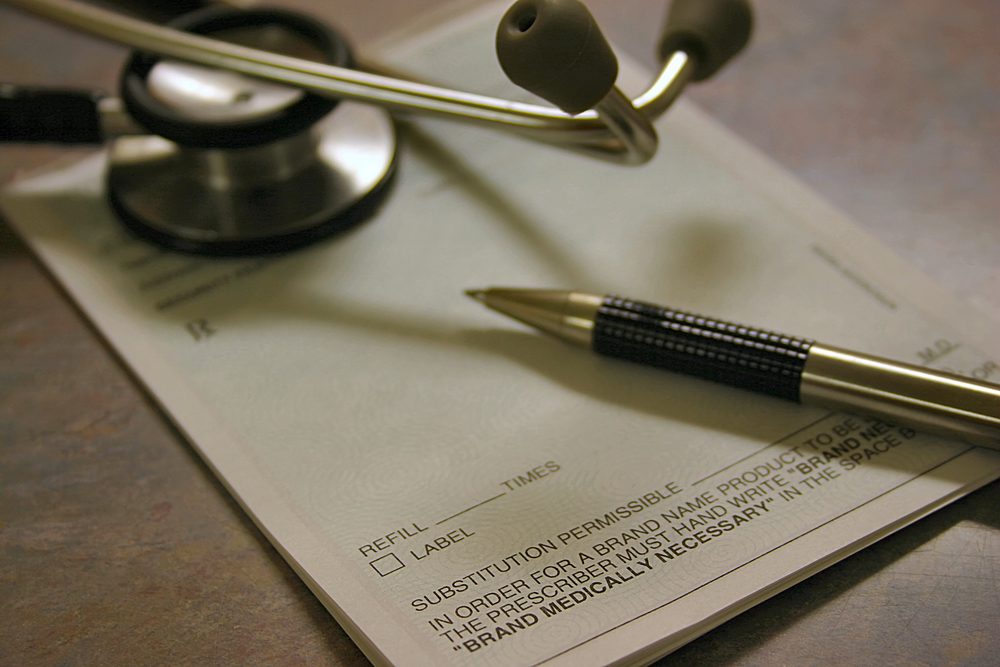The federal False Claims Act (FCA) imparts liability on healthcare providers and facilities who knowingly submit false claims to defraud the government. The overwhelming majority of claims involve improper billing of Medicare and Medicaid. According to the Department of Justice, in 2019 the Federal Government obtained more than $2.6 billion in settlements and judgments involving fraudulent healthcare-related claims. This number is expected to increase as Recovery Audit Contractors (RAC) identify fraudulent Medicare transactions as part of the Medicare Modernization Act of 2003. Qui tam law – which allows whistleblowers to recover 15% to 25% of the government’s recovery for fraudulent billing – also contributes to the burgeoning number of investigations and cases. Healthcare fraud is clearly a growing problem, and expert witnesses play an important role in proving or defending FCA claims.
Fraudulent claims can involve drug and medical device manufacturers, healthcare providers, and healthcare facilities. A common type of healthcare fraud involves physicians who make a false diagnosis in order to bill for unnecessary treatments. For example, in January 2020, a Texas court convicted a rheumatologist of a $325 million healthcare fraud scheme. The doctor falsely diagnosed patients as having rheumatoid arthritis and then treated them with chemotherapy injections, intravenous infusions, and other medical procedures. In these kinds of cases, expert witnesses who specialize in the same area as the treating physician are needed to evaluate the diagnosis and treatment of the patient to determine whether it was proper.
Another frequent area of healthcare fraud involves the improper classification of Hospital Inpatient vs. Outpatient status when admitting patients to a hospital. Medicare guidelines (e.g. Two-Midnight Rule) provide criteria for determining admission status, but healthcare entities routinely face FCA investigations for improperly classifying patients since Inpatient admissions receive substantially higher reimbursement when compared Outpatient (i.e. observation) status. Expert witnesses in Hospital Medicine are essential to proving or defending such claims. A Hospital Medicine specialist or “Hospitalist” is a physician whose practice focuses on the care of hospitalized patients, including handling the admission and day-to-day care of hospitalized patients, patient discharge, and quality assurance. Intrinsic to the practice of Hospital Medicine is the need to comply with federal guidelines and standard practices for Hospital Inpatient vs. Outpatient classification.
Healthcare providers also commit fraud when they knowingly submit claims for payment with incorrect billing codes, diagnostic codes, units of service, dates of service, or service providers. Fraudulent coding and billing schemes often involve falsifying medical records, upcoding (assigning a higher billing level than necessary), and unbundling (submitting separate claims when fewer claims would suffice). In such cases, Billing, Coding, and Compliance expert witness are invaluable to establishing whether there is documentation in the medical record to support the medical necessity of each billed charge. Experts may include CPT coders, federal and state claims submission experts, Forensic Claims Auditors, and Certified Fraud Examiners. Physicians, surgeons, and other medical specialists also may be needed to determine medical necessity (the overarching criterion upon which payment decisions are made) and reasonableness of care.
Healthcare fraud claims are complex and require multiple specialized areas of expertise. Whether you are proving or defending a fraud claim, Elite Medical Experts can assist you in securing nationally recognized university experts for your case. Contact us today for a complimentary consultation.

